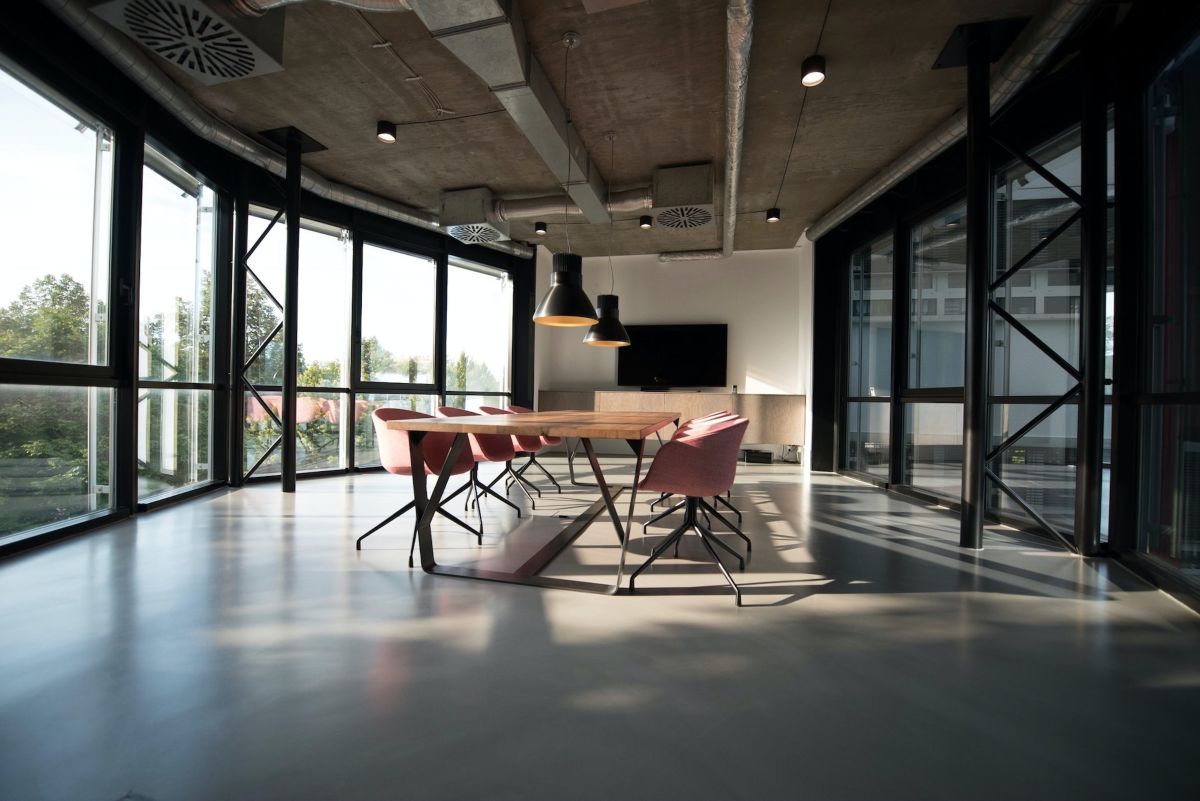If you’re planning to rent out a commercial property from which to run your business, it’s important to avoid lease agreements that will drain your budget unnecessarily.
Overheads of this kind will be among your main expenses – and this is why it is vital that you ensure minimal risk of overspending when you take on a lease.
In this article, we’ll explain how to negotiate with the owner of the commercial property you are planning to rent, to prevent this investment from eating into your profits.
Below, we’ll present a number of questions that you should ask your potential landlord – or yourself – when considering the lease agreement, so that you’re able to get the best deal possible.
How To Effectively Negotiate Your Commercial Lease

Do You Need Everything They’re Offering?
Some commercial landlords offer a roster of additional options, features, services and fittings, some of which may be superfluous to your requirements.
By taking the time to carefully decide what you do and don’t need from the list they are offering, you may be able to reduce the amount you’ll have to pay by rejecting some elements.
For example, it may well be that you are charged less for an unfurnished space. This will work well if you already own all equipment and fixtures required – and, even if you don’t, any money spent to purchase these will then be an investment that will serve you for plenty of time to come.
You may also decide to reject certain optional fittings or servicing arrangements. Remember: these may be presented in your lease agreement as fixed elements, but they are always worth questioning in case this allows you to cut down on your expenditure.
What Sort of Flexibility do They Offer Regarding Lease Periods?
Before signing an agreement, consider whether or not you’re getting the best deal in terms of time. There may be further potential for negotiation depending on the length of the lease you need.
Different lease periods come with their own benefits and drawbacks. For example, a long-term fixed-price lease may be very beneficial if you’re concerned that the cost of renting commercial property in the area is likely to rise significantly in the near future.
It will also save you the time and effort of having to pack everything up and look for somewhere new – or having to pay a hefty renewal fee – just as you’re getting into the swing of things.
What’s more, longer-term arrangements occasionally come at something of a discount compared to rolling or short-term contracts.
However, getting trapped into a long-term arrangement is also a very risky choice. For example, if you find that your projections aren’t working out, you may need to cut down on certain costs.
Your lease is likely to be one of your biggest – if not your biggest – overhead, and if you’re legally obligated to keep paying for it for fifteen years, or face a hefty penalty, this can really hamstring your business.
For these reasons, it’s a good idea to check whether there is any flexibility in the lease period offered by your potential landlord.
At the very least, you should ensure that there is a break clause in the contract that stipulates the notice you will need to give in order to exit the arrangement early without charge.
What Are You/Are You Not Permitted/Expected to Do?
You need to fully understand your end of the bargain before accepting the terms of any commercial lease. You can do this by carefully studying the proffered lease agreement and asking questions such as:
- “Who is responsible for maintenance – and to what degree?”
- “Am I permitted to drill into / attach fittings or fixtures to the walls, floor or ceiling?”
- “Are there particular materials or types of equipment I am not permitted to use?”
- “Are there certain activities that you will not permit in this commercial property?”
It’s important for you to know whether you will be expected to pay extra to ensure that the property you are renting is properly maintained, and that you won’t face any unexpected fines or penalties for taking certain actions.
Would it Be Better to Become a Franchisee?
An affordable and accessible way to run a business from a premises owned by someone else is to take on a franchise. This way, many of your expenses will already be covered.
There is some flexibility here, too – as some franchise owners allow franchisees to decorate their premises to their own specific tastes, offer specialist services or market their business in virtually any way they wish.
However, you will likely have fewer options in other respects. For this reason, it’s important to take careful note of any agreement you would be entering before you decide to go down this route.
Can I Get That in Writing?
The most important thing you can do when negotiating a commercial lease is to get everything you have discussed in writing, keeping records and making sure there is a clear paper trail.
This will help you to avoid additional charges, fines and penalties, and will provide you with handy references that will allow you to contest any proposed increases to the amount you have agreed to pay.
Read Also:
- How to Improve your Skill of Influencing People And Negotiate to Win
- What SMB Owners Can Learn from Enterprise Release Management
- How To Negotiate The Terms Of A Transaction? 5 Tried And Tested Ways To Help You Do So!
Author: Property Solvers has been a property buyer and developer for almost 2 decades. As one of the co-founders of a leading UK homebuying firm, he has accumulated a vast amount of knowledge in speaking effectively and empathetically with property owners and business owners to find genuine win-win solutions.















